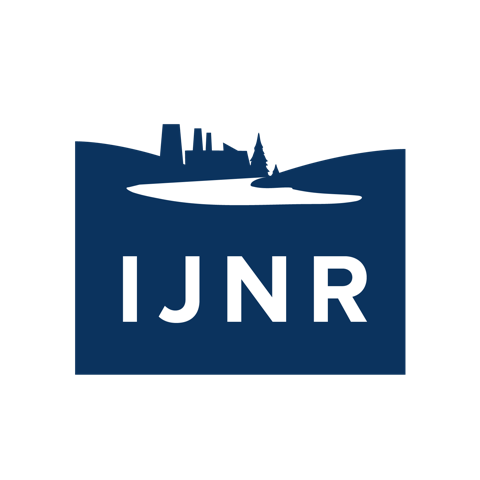Sick of Your City?
A Workshop for Journalists Interested in Public Health and Environmental Justice
August 5-6, 2018
Detroit, Michigan
Tainted water. Oil refineries. Incinerators. Steel mills. Interstate freeways. Lead pipes. Lead paint. Food insecurity. Old schools. Old homes. All are known to cause human health problems – and all are part of everyday life in cities across the United States.
It’s a public health crisis – and a deep journalistic well of stories.
Using Detroit as a model, IJNR conducted a workshop over two days designed to help journalists understand how environment problems impact communities. We heard from residents, community activists, public health officials, legal experts and industry representatives who helped participating journalists understand the public health threats that face urban populations every day. We visited several Detroit neighborhoods, and learned about:
How airborne particulates cause high asthma rates, which compromise immune systems and lead to absenteeism for children and parents who can least afford it.
How lax enforcement has allowed lead paint to linger in Detroit’s housing stock, leading to elevated rates of a toxin known to impair neurological function – a problem that exists in 37 millions American homes.
How water shutoffs in Detroit are directly linked to health problems, including increased rates of hepatitis A.
How migration patterns and housing practices concentrated communities of color in the city’s most polluted areas.
How climate change impacts resource-starved communities, and what they’re doing about it.
Tools and tricks for gathering and disseminating information and telling better stories – wherever you call home.
The mission of the Institute for Journalism & Natural Resources is to advance public understanding and civic engagement about environment, natural resource, public health and development issues through better journalism. IJNR conducts expenses-paid, expedition-style training and professional development programs for journalists at all career stages and from all sorts and sizes of news outlets, ranging from newspapers and magazines to radio, television and online operations.
This program was generously supported by The Joyce Foundation, The Erb Family Foundation, and individual donors.
IJNR maintains editorial independence and control in all of its programming and decision-making.



